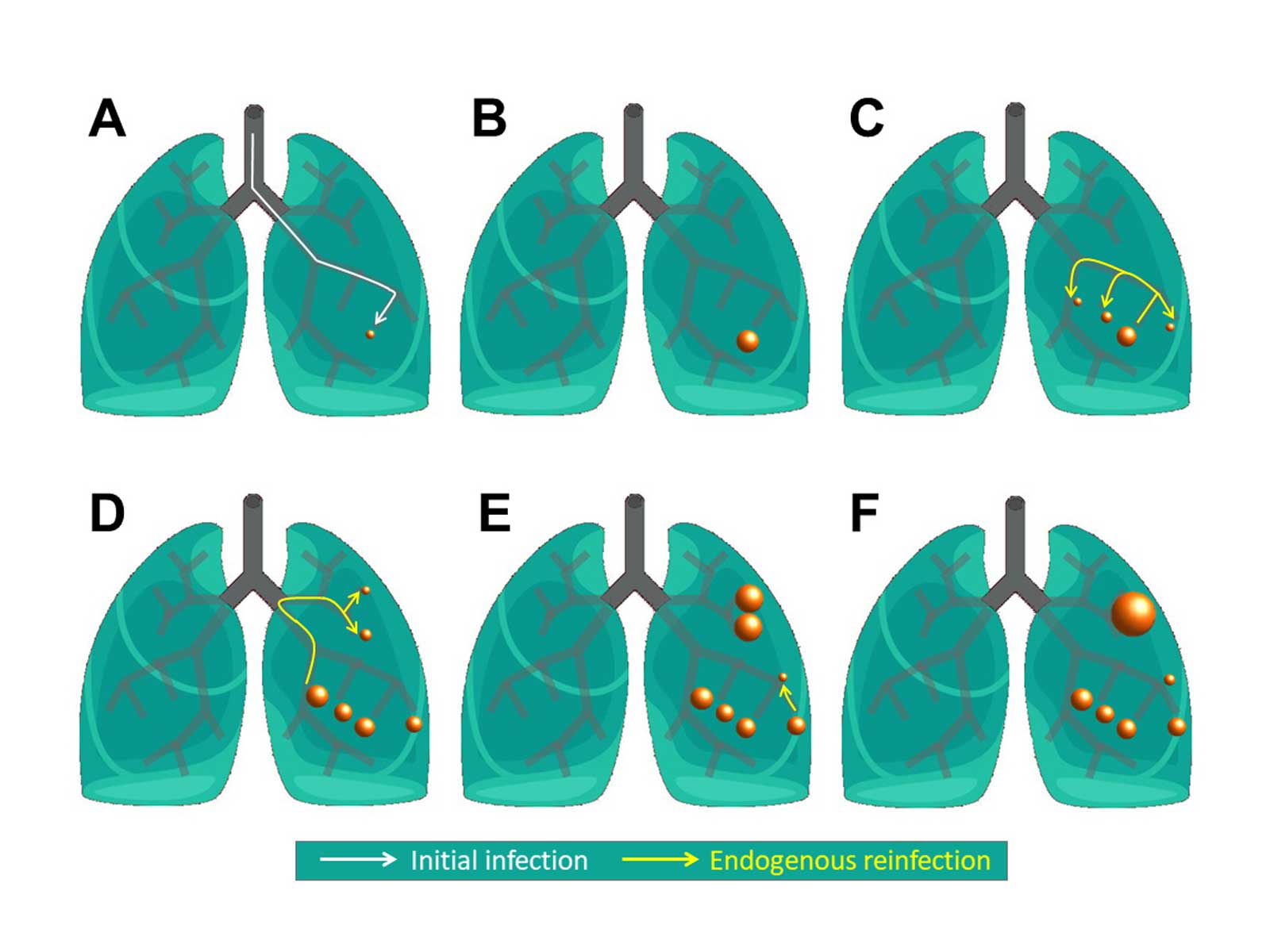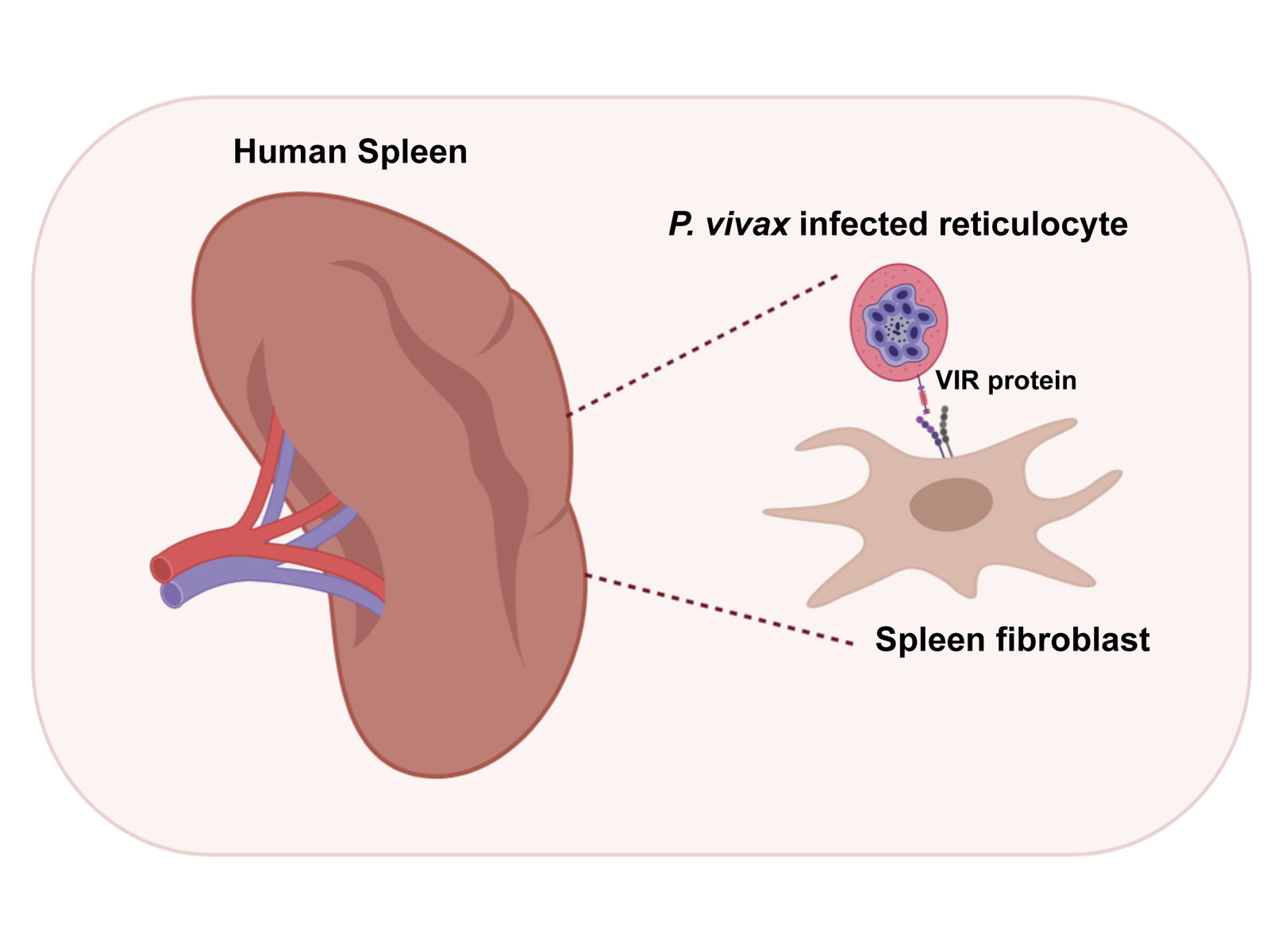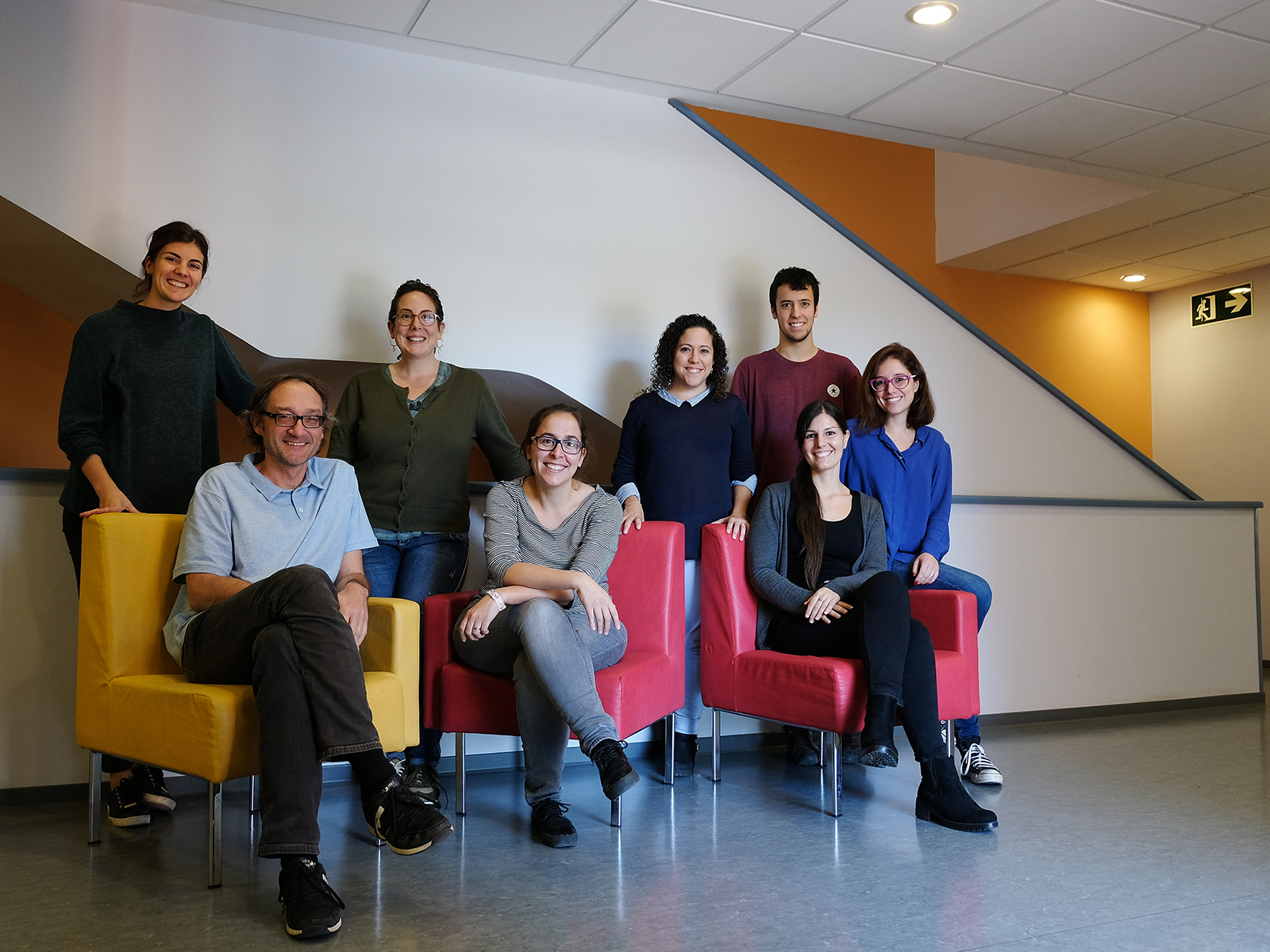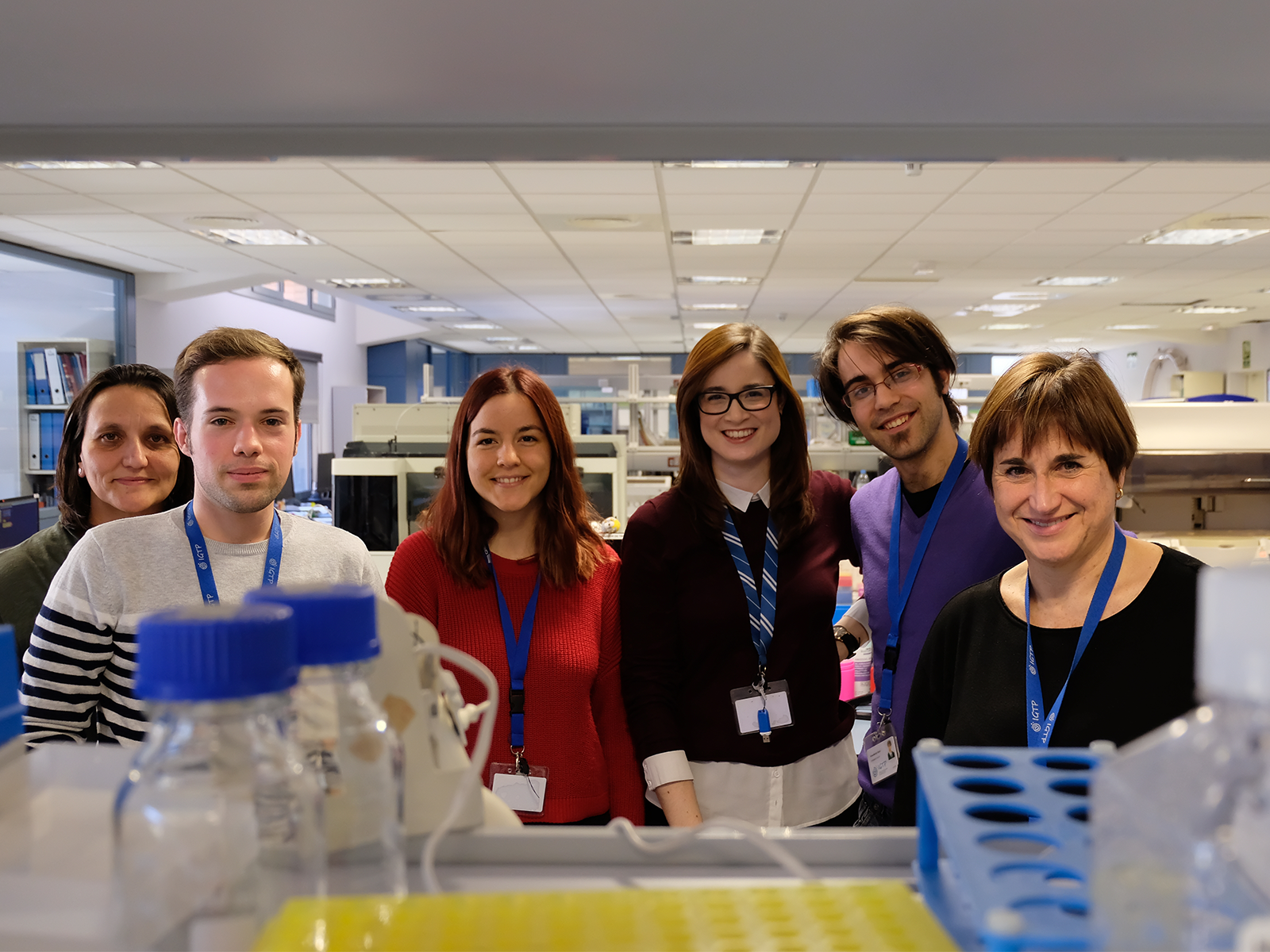The impact of COVID-19 will be explored through an epidemiological study on 24,000 Catalan volunteers
Researchers at the IGTP and ISGlobal, a centre supported by the “la Caixa” Foundation have started the COVICAT study to evaluate the impact of infection by the SARS-CoV-2 coronavirus and its consequences for the population. The study will follow up on 24,000 volunteers for 12 months. The volunteers are participants in existing cohorts and epidemiological studies in Catalonia, this means there is already associated genetic, environmental, health and lifestyle information on them from prior to the pandemic.








